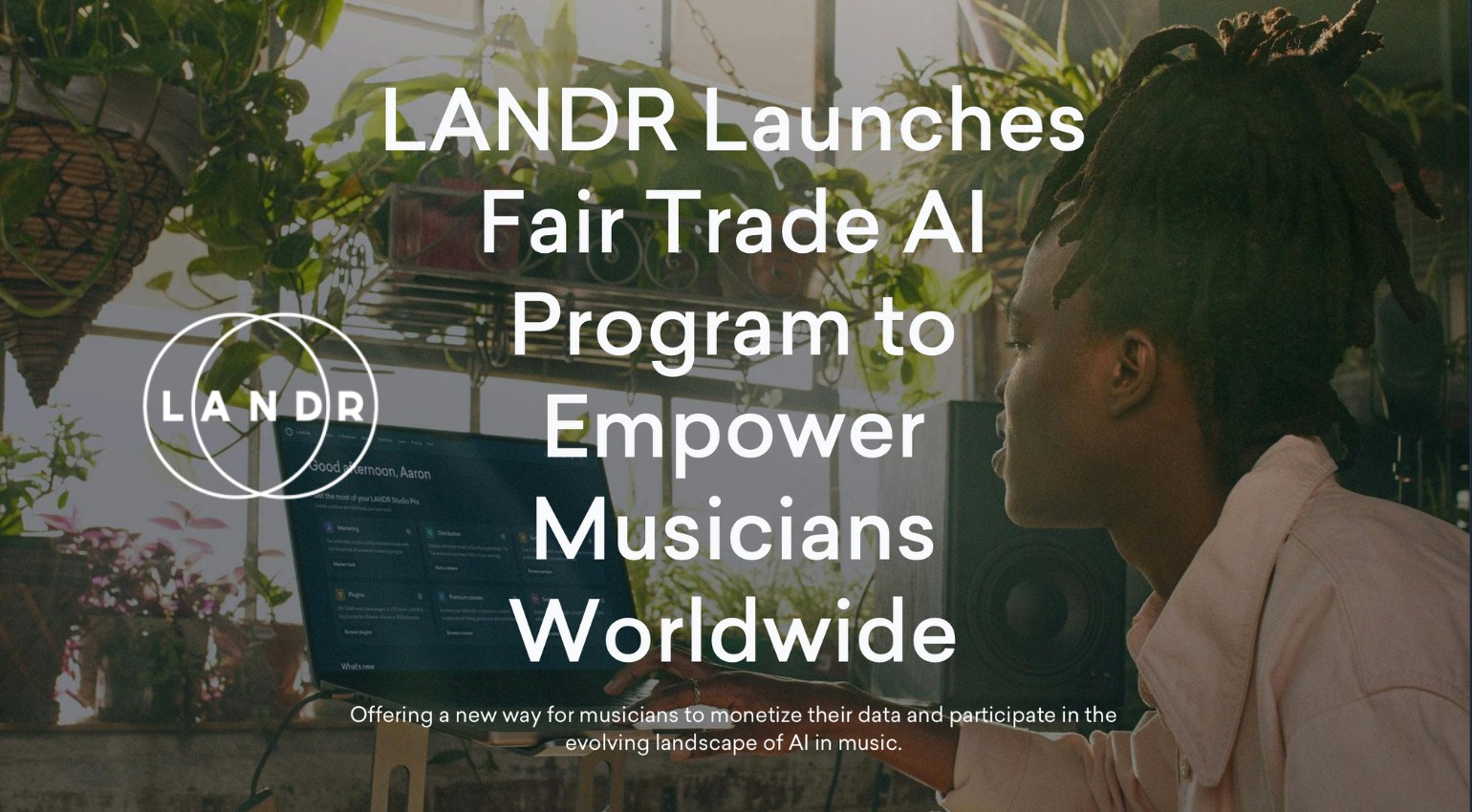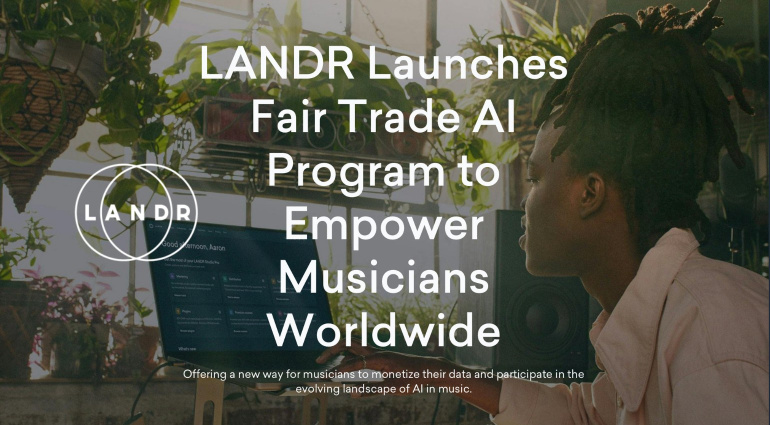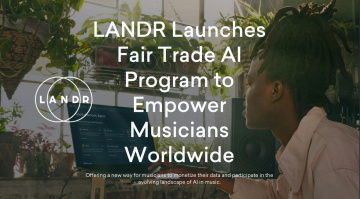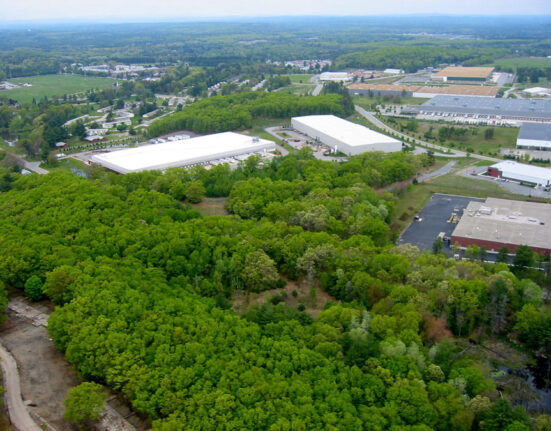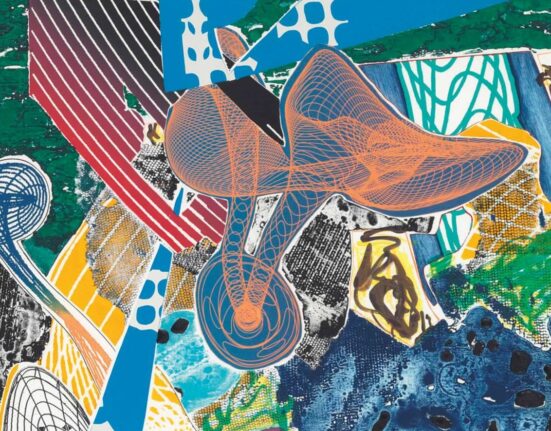LANDR, the AI-powered music production platform, announces a new Fair Trade AI programme. This programme allows artists to earn recurring revenue by participating in the training of AI-powered music tools, and represents the first mature opt-in model for the music industry. This means royalties for musicians who train the AI with their music, which then creates similar music on that basis? Does this mean that we are abolishing the art itself, or is it a good idea to involve musicians in the process that is already underway? What do you think?
Fair Trade AI: LANDR’s answer to the challenges of the music industry?
Since its launch 11 years ago, LANDR has been a leader in AI music production, serving more than 6 million artists and distributing music on Spotify, Apple Music and 150 other leading streaming services worldwide. With the launch of the Fair Trade AI programme, LANDR continues to lead the industry in upholding ethical AI practices and creating new monetisation opportunities for musicians.
Under the new Fair Trade AI programme, artists who make their songs available for AI training will receive 20% of the revenue generated by the tools trained on their music. This approach allows artists to continue to benefit from the development of AI while actively participating in the development of music production technologies, while retaining all rights to their music. Where does the other 80% of the revenue go?
Are you being paid fairly for your music?
Pascal Pilon, founder of LANDR, explains: “Our mission at LANDR is to enable musicians to be creative, to be heard and to monetise their work. With the emergence of new generative AI tools in the last year and the legal challenges ahead, we now see an opportunity to make this market exciting and safe for DIY musicians worldwide by developing tools that support, not replace, their creativity and workflow.”
LANDR’s Fair Trade AI programme respects copyright and content ownership and offers musicians a new way to benefit from the latest advances in AI. With over a decade of experience helping millions of musicians produce and publish music, LANDR has the combination of technology, content collection and distribution infrastructure to lead this new era in the industry.
LANDR’s Fair Trade AI: Real progress or just hype?
Here’s how the Fair Trade AI programme works: musicians can sign up to the programme by submitting their music, distributed via LANDR, for AI training. Only tracks for which the user retains publishing rights are accepted, and LANDR reserves the right to curate the tracks added to the dataset.
Contributors receive monthly payments through their LANDR account, similar to streaming revenues. LANDR ensures that no part of the dataset is sold to third parties, protecting users’ music and ensuring that the data is used ethically and contributors are compensated appropriately.
Regular updates and reports on the AI training process and results are provided via email and the LANDR dashboard. In addition, LANDR provides extensive educational resources, including guides, webinars and tutorials to help users navigate the evolving landscape of AI in music.
Risks or opportunities for your music
According to LANDR, the new Fair Trade AI programme is an important step towards opening up new sources of income for musicians through the use of AI and supporting their creative work.
But how do you, as musicians and creatives, see this? Are you already working creatively with AI in the studio, or are you ignoring the new technologies that are supposed to help us find a faster workflow? Do you want to be part of this technology and improve AI with your input or are you already thinking about the value of art and music in the (near) future with AI? It’s a difficult topic, I think, and there are no right or wrong answers. I look forward to hearing your opinions in the comments!

